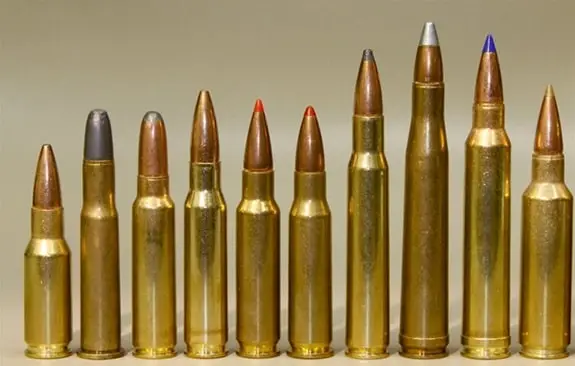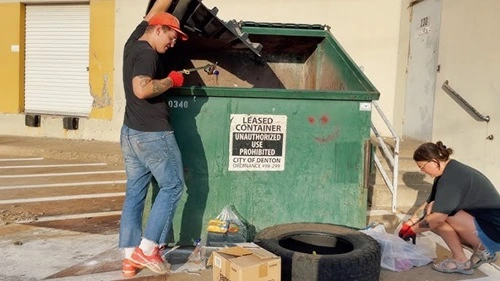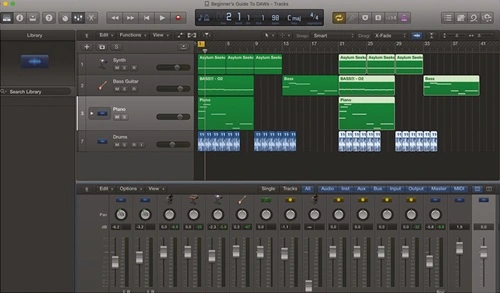Yes, modifying bullets can be illegal under certain circumstances in the United States. The legality depends on the nature of the modification, the intended use of the modified ammunition, and state and federal laws. While some modifications are lawful for personal use, others can result in severe legal consequences.
Understanding Bullet Modification
Modifying bullets involves altering their design, composition, or functionality, often to change their performance characteristics. Common modifications include:
- Changing Bullet Tips: Sharpening or altering the tip to improve penetration.
- Adding Explosive Elements: Incorporating materials designed to explode upon impact.
- Reconfiguring Powder Loads: Increasing or decreasing the propellant to change the speed or power of the bullet.
- Coating or Filling Bullets: Adding materials such as Teflon to reduce friction or poison to inflict greater harm.
Federal Laws on Bullet Modification
The U.S. federal government regulates ammunition under laws such as the Gun Control Act of 1968 and the National Firearms Act (NFA). Key provisions related to bullet modifications include:
1. Prohibited Modifications:
- Federal law prohibits the manufacture or possession of armor-piercing ammunition by civilians, except for specific exemptions.
- Explosive or incendiary ammunition designed to cause fires or explosions is generally restricted under federal explosives laws.
2. Commercial Regulations:
- Licensed manufacturers must adhere to stringent guidelines, ensuring modified bullets comply with federal safety and legal standards.
- Selling modified bullets that violate federal regulations can result in criminal charges.
3. Defensive Modifications:
- Modifications intended for self-defense (e.g., hollow-point bullets) are generally legal for personal use but may be restricted in certain states.
State Laws and Restrictions
State laws on bullet modification vary widely:
1. Stricter States:
- States like California, New York, and New Jersey have enacted additional restrictions on ammunition types and modifications. For example, California bans certain “destructive devices” that include explosive or incendiary ammunition.
- New Jersey prohibits possession of hollow-point or dum-dum bullets outside specific exemptions, such as use in the home or while hunting.
2. Permissive States:
- States with more permissive gun laws, such as Texas and Arizona, may allow broader use of modified ammunition but still regulate certain dangerous modifications under federal law.
3. Hunting Regulations:
- Many states regulate the types of ammunition allowed for hunting, with restrictions often targeting modified bullets that are deemed inhumane or excessively destructive.
Legal Implications of Modified Bullets
Violating federal or state ammunition laws can lead to serious consequences:
1. Criminal Penalties:
- Possessing or manufacturing illegal ammunition can result in fines, imprisonment, or both.
- Using modified ammunition in a crime often leads to enhanced charges and sentences.
2. Civil Liability:
- If modified ammunition causes unintended harm, the modifier may face civil lawsuits, especially in cases involving negligent or reckless use.
3. Restricted Sales:
- Selling modified bullets without a license or selling illegal ammunition can lead to federal charges under the Gun Control Act.
Recent Legal Developments
- Federal Enforcement: In 2023, the Bureau of Alcohol, Tobacco, Firearms and Explosives (ATF) issued updated guidelines clarifying the restrictions on armor-piercing and incendiary ammunition.
- State Legislation: Several states, including New York and Illinois, introduced bills aimed at banning “frangible” or highly destructive modified bullets, citing public safety concerns.
Guidelines for Lawful Bullet Modifications
- Know Your State Laws: Before modifying bullets, research your state’s specific regulations to ensure compliance.
- Avoid Dangerous Modifications: Refrain from making modifications that could result in classification as illegal ammunition under federal law.
- Consult Experts: Licensed gunsmiths and ammunition manufacturers can provide guidance on legal modifications.
FAQs
Q1. Is it illegal to make hollow-point bullets at home?
Ans: In most states, making hollow-point bullets for personal use is legal. However, selling or distributing them may be subject to strict regulations.
Q2. Can I modify bullets for hunting purposes?
Ans: Some modifications, like soft-point or expanding bullets, are legal and even preferred for hunting. However, verify state hunting laws to ensure compliance.
Q3. Are armor-piercing bullets legal?
Ans: Under federal law, civilian possession of armor-piercing ammunition is generally illegal, except under specific exemptions for licensed dealers or collectors.
Q4. Can I use modified bullets for self-defense?
Ans: Yes, many modifications designed for self-defense (e.g., hollow-point bullets) are legal. However, ensure they comply with local laws.
Q5. What happens if modified bullets are used in a crime?
Ans: Using modified ammunition in a crime can lead to enhanced charges and harsher penalties, including federal firearms violations.


